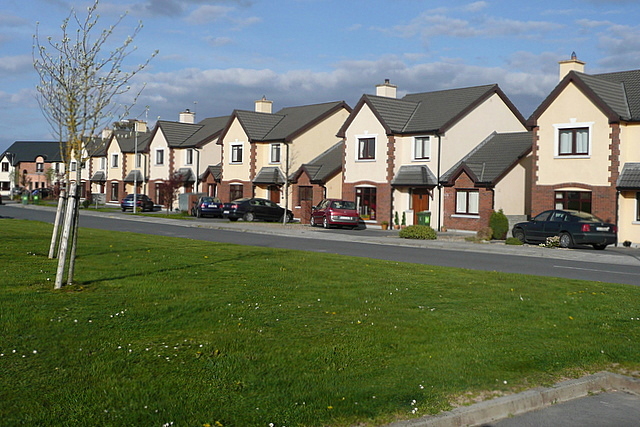Purchase offer prediction for residential land assembly projects
Name: Developing a model to predict the feasibility of residential land assembly projects
Challenge: Accurately weigh in city building policies, historical prices and estimating the future selling prices to assess project feasibility
Solution: Develop an ensemble model with an accuracy of +/- 4%
Technologies Used: Python, Scikit-learn, Linear Regression Models, XGboost
Client: A real estate development company – Terra Blanka Developments
Challenge
The housing prices in the residential real estate markets are often not as clear cut as their commercial counterparts where prices are the product of yield. The goal of this project was to develop a predictive housing model for a Vancouver-based residential development firm and to incorporate the model into their feasibility study and lot acquisition process.
The developer conducts a feasibility study for each potential project. These projects often involve purchasing adjacent single family units, assembling their lots together and developing them into multi-unit condominiums. One of the major challenges in the feasibility study is to estimate the purchase price of the individual houses. Often these single family units are not actively listed in the market. Therefore the developer requires a system to come up with a price to make reasonable offers to the home owners. If owners of a series of adjacent lots accept the offers, the developer will then assemble the land parcels into one and plans for a development of a new multi-unit condominium in their place.
The client requirement was for the predictive model to estimate the market value of the individual houses and generate an offer amount to be made to the home owners. For a successful project this offer amount needs to be both reasonable for the home owners to accept as well as feasible to make the project profitable for the developer.
Solution
Working closely with the client we were able to collect housing data for the past 4 years from specific Vancouver neighbourhoods. This data includes more than 70 features and the dependent variable is the sale price. The features include a mix of variables representing the three main categories of land, building and the macro factors.
After rigorous data processing and feature engineering we used an ensemble approach. Leveraging a mix of decision tree and linear regression models we were able to closely estimate housing prices back tracked on historic data.
Result
Optima AI was able to develop a model that estimated housing prices on historic data with a 96% accuracy. The development company has since used the model to price potential single family dwellings as part of the feasibility study and deal sourcing. They have since improved the success rate of their offers while reducing the time and manpower required for the process.





